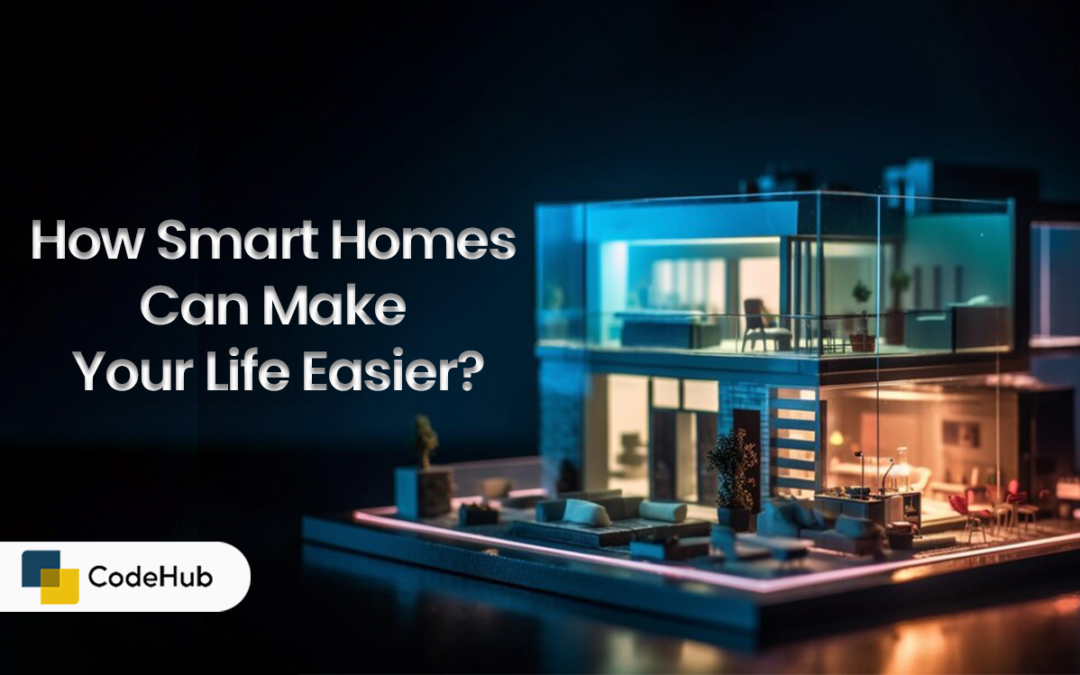Smart homes are not just a futuristic fantasy. They are a reality that can offer many benefits to homeowners, such as convenience, security, energy efficiency, and comfort. In this blog post, we will explain what smart homes are, how they work, and what advantages they can provide.
What are smart homes?
Smart homes are homes that are equipped with devices and systems that can communicate with each other and be controlled remotely via a smartphone, tablet, or voice assistant. These devices and systems can include lighting, heating, cooling, security, entertainment, appliances, and more. For example, you can use your smartphone to adjust the thermostat, turn on the lights, lock the doors, or play your favorite music.
How do smart homes work?
Smart homes work by using a network of sensors, actuators, and controllers that can collect data, send commands, and execute actions. These components can be connected via wired or wireless technologies, such as Wi-Fi, Bluetooth, Zigbee, Z-Wave, or Ethernet. The network can be managed by a central hub, a cloud service, or a distributed system. The user can interact with the network through a user interface, such as an app or a voice assistant, that can allow them to monitor, control, and automate their smart home devices and systems.
What are the benefits of smart homes?
Smart homes can offer many benefits to homeowners, such as:
- Convenience: Smart homes can make your life easier by allowing you to control and automate your devices and systems with a simple tap or voice command. You can also create routines and scenes that can trigger multiple actions at once, such as turning off the lights, lowering the temperature, and locking the doors when you leave the house.
- Security: Smart homes can enhance your security by allowing you to monitor and protect your home from anywhere. You can use smart cameras, doorbells, locks, alarms, and sensors to keep an eye on your property, detect intruders, and alert you of any emergencies. You can also use smart lights and blinds to simulate your presence when you are away, or use smart speakers to scare off potential burglars.
- Energy efficiency: Smart homes can help you save energy and money by allowing you to optimize your energy consumption. You can use smart thermostats, lights, plugs, and appliances to adjust the temperature, brightness, and power usage according to your preferences, schedule, and weather. You can also use smart meters and monitors to track your energy usage and identify areas where you can improve.
- Comfort: Smart homes can improve your comfort by allowing you to create the perfect ambiance for any occasion. You can use smart lighting, speakers, and TVs to set the mood, color, and sound for your activities, such as relaxing, working, or entertaining. You can also use smart mattresses, pillows, and blankets to adjust the firmness, temperature, and vibration for your sleep.
Conclusion
Smart homes are not just a gimmick. They are a smart way to make your life easier, safer, more efficient, and more comfortable. If you are interested in transforming your home into a smart home, you can start by choosing the devices and systems that suit your needs and budget. You can also consult a professional installer or a smart home expert to help you plan, design, and install your smart home network. With smart homes, you can enjoy the benefits of technology and innovation in your everyday life.

